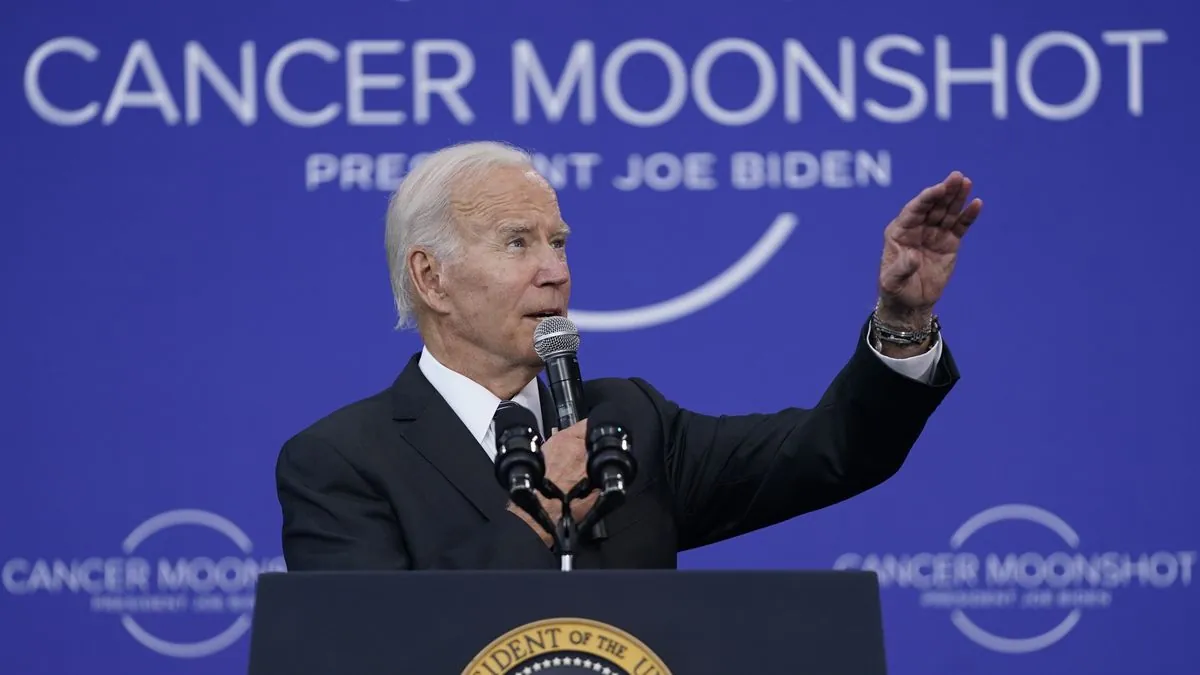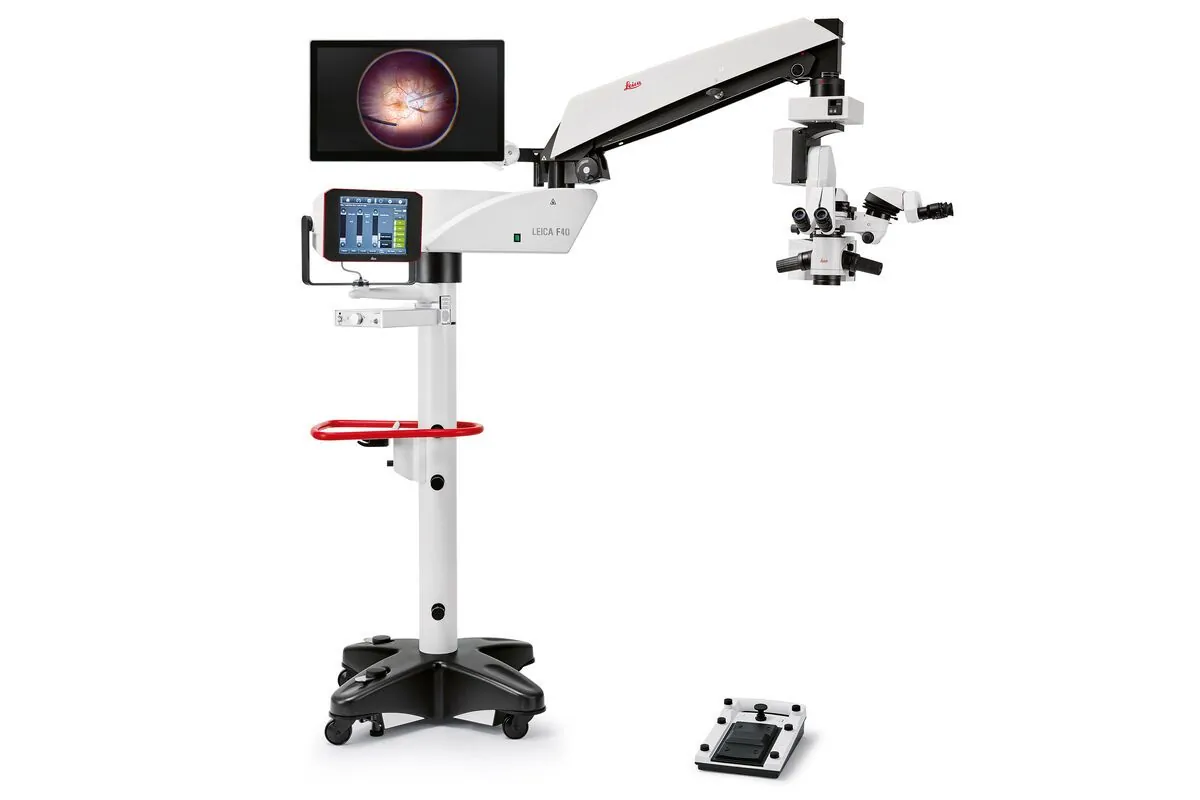Biden to Inject $150M into Advanced Cancer Surgery Technology
President Biden set to announce $150 million funding for cancer surgery technology as part of the "Cancer Moonshot" program. The initiative aims to enhance tumor removal techniques and reduce cancer mortality rates.

In a significant move to combat cancer, President Joe Biden is set to announce a $150 million investment in advanced surgical technology. This funding, aimed at improving the removal of cancerous tumors, marks another milestone in the administration's "Cancer Moonshot" initiative.
The announcement, scheduled for August 13, 2024, in New Orleans, underscores the government's commitment to reducing cancer mortality rates. The "Cancer Moonshot" program, spearheaded by President Biden and the First Lady, aims to halve the U.S. cancer death rate by 2047.
This latest funding injection focuses on developing next-generation microscopes and imaging technology. These advancements are expected to enhance the effectiveness of tumor removal surgeries, potentially reducing the need for repeat procedures and minimizing damage to healthy tissue.

The importance of this investment becomes clear when considering that nearly two million Americans are diagnosed with solid tumor cancers annually. For many, surgical removal is the initial treatment step. By improving surgical precision, this technology could significantly impact patient outcomes and quality of life.
It's worth noting that cancer remains the second leading cause of death globally, with over 200 types identified. Approximately 39.5% of individuals will receive a cancer diagnosis during their lifetime, highlighting the urgency of advancing treatment methods.
The administration's dedication to cancer research is evident in its substantial investments. Over the past two years, more than $400 million has been allocated to accelerate progress in cancer prevention, detection, and treatment. This commitment builds upon the Cancer Moonshot initiative first announced by President Obama in 2016.
Eight prestigious institutions will receive awards from this funding, including Dartmouth College, Johns Hopkins University, and the University of Washington. These institutions will play a crucial role in developing and implementing the new technologies.
The global fight against cancer has seen significant advancements in recent years. Cancer survival rates have improved markedly over the past few decades, thanks to breakthroughs in areas such as immunotherapy and precision medicine. The first cancer vaccine, targeting cervical cancer, was approved in 2006, paving the way for further innovations.
As research progresses, emerging technologies like artificial intelligence and nanotechnology are showing promise in cancer diagnosis, treatment planning, and drug delivery. These developments, coupled with the substantial investment in surgical technology, offer hope for more effective and less invasive cancer treatments in the future.
While medical advancements are crucial, it's important to note that lifestyle factors contribute to 30-50% of cancer cases. This underscores the need for comprehensive approaches to cancer prevention and treatment.
The "Cancer Moonshot" program represents a holistic effort to address the complex challenges posed by cancer. By investing in cutting-edge technology and fostering collaboration among leading institutions, the initiative aims to accelerate progress and bring hope to millions affected by this disease.


































